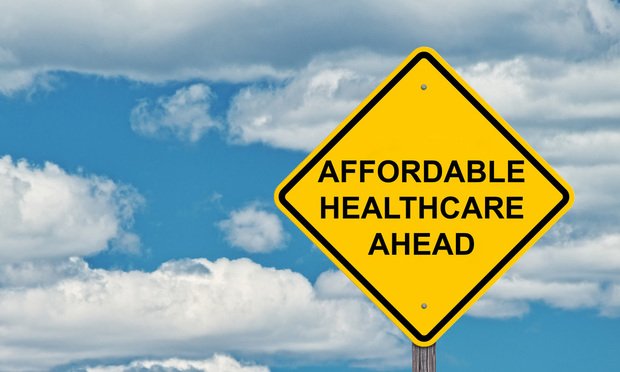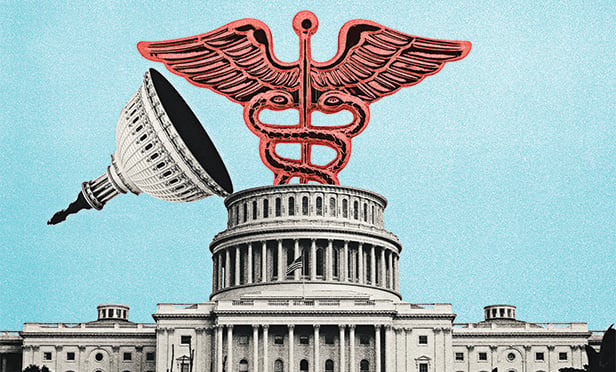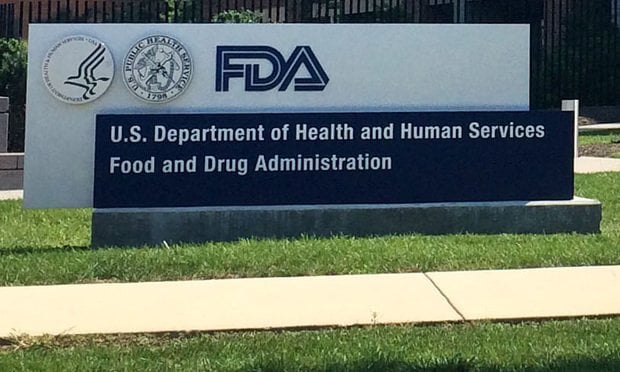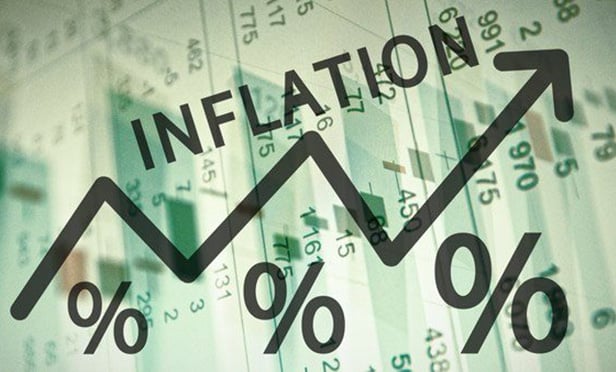About The Author

Alan Goforth is a freelance writer in suburban Kansas City. In addition to freelancing for several publications, he has written a dozen books about sports and other topics.
CONNECT WITH THIS AUTHOR
September 15, 2023
September 14, 2023
September 14, 2023
September 13, 2023
September 13, 2023
September 12, 2023
September 12, 2023
September 12, 2023
September 11, 2023
September 08, 2023
Trending Stories
- 1House Committee advances proposal to cut back on federal employee pensions
- 2House bill could eliminate ACA employer health coverage mandate
- 3Understanding Subrogation: Best Practices for Benefits Advisors and TPAs
- 4Modern Leave Management: Best Practices for Supporting Clients Through FMLA & Beyond
- 5Cigna sees high level of employer health plan claims in 2025











